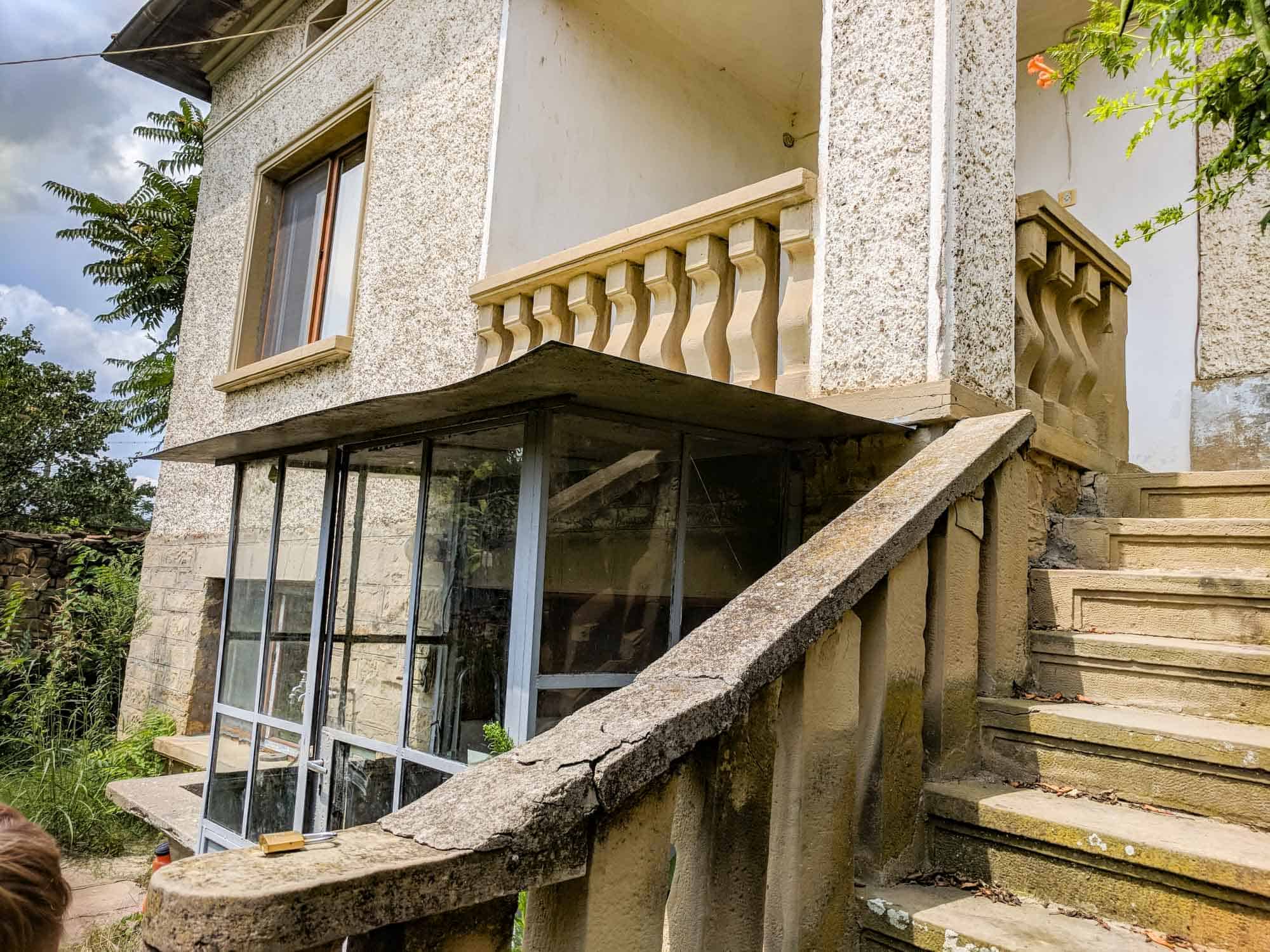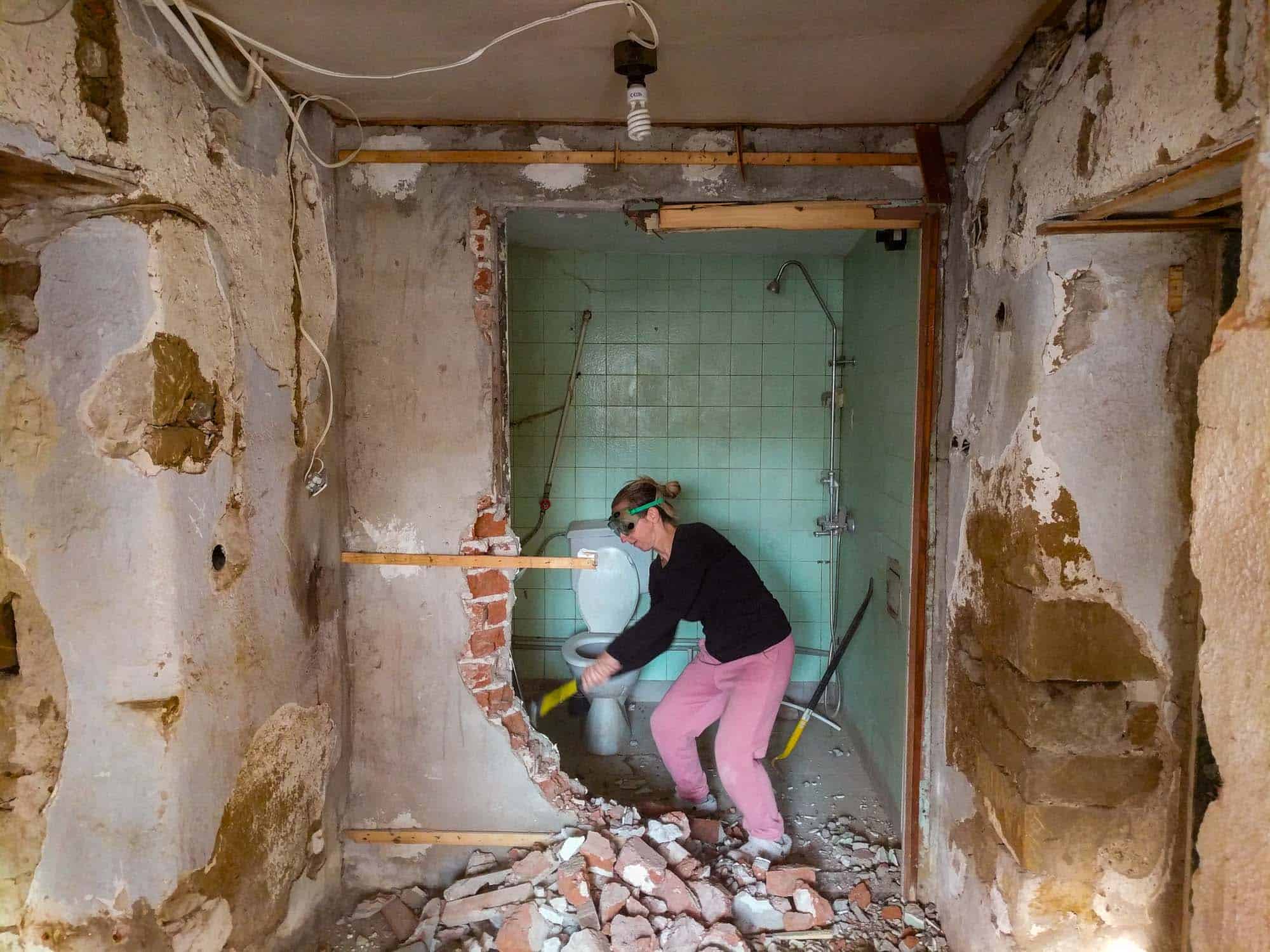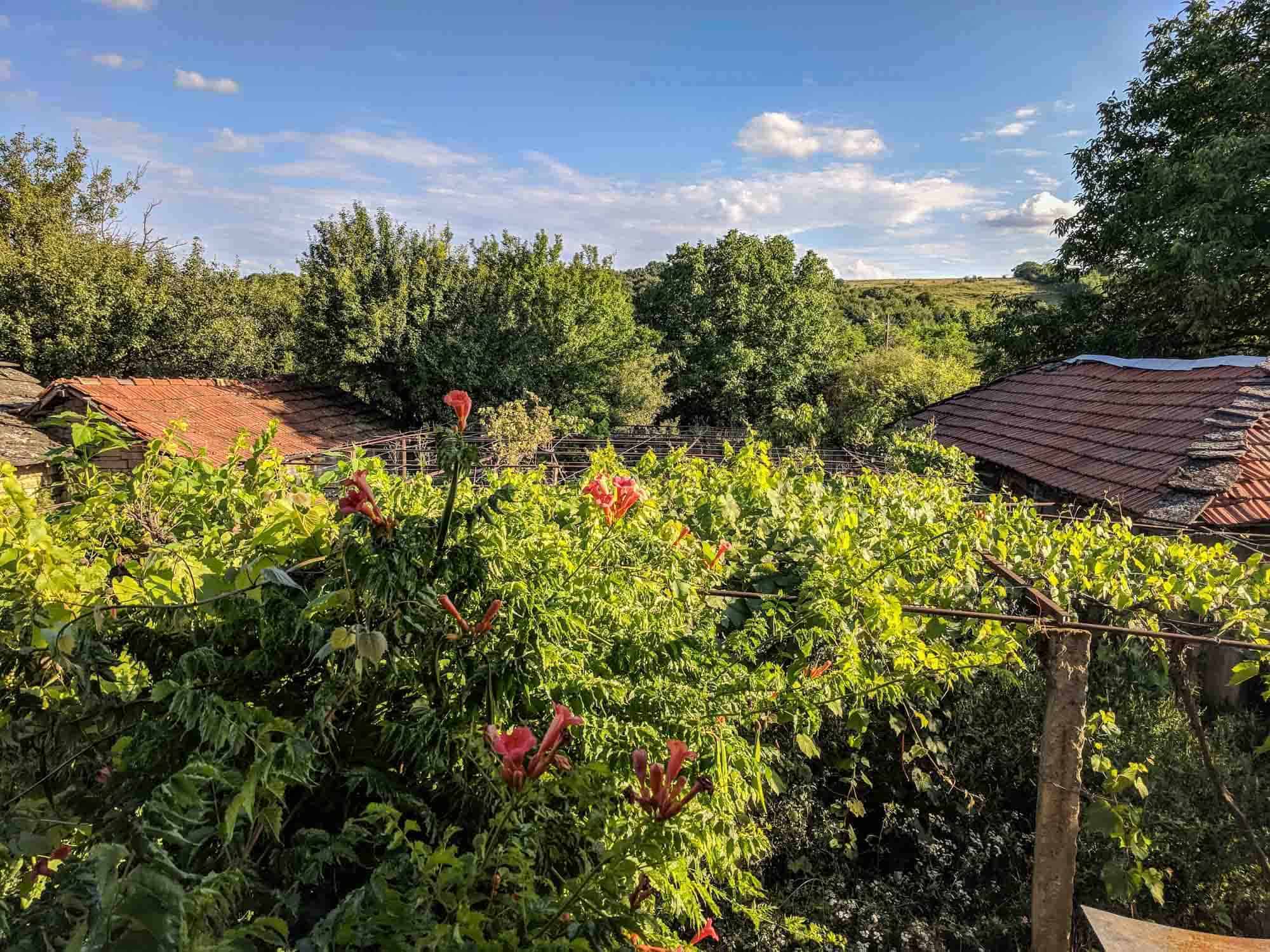If you’re a British family looking to travel the world for many years, where do you call home? In the case of Emma and Richard Pamley-Liddell and their three children, the place they lay their hats is now Bulgaria.
In 2011, frustrated with long work hours, little family time, and high childcare costs, they decided to up sticks and leave Hampshire.
They spent four years in Australia and a spell in France before becoming “location-independent”.
Secure Peace of Mind with Best-Value International Health Coverage
International Citizens Insurance provide free, no-obligation quotes from the leading international health insurance providers with plans tailored to meet your needs. Trusted by thousands of expats worldwide.
Retaining access to the EU
But after two years without a fixed home address, their children (now aged 10, 12, and 16) wanted toys, pets and “to slow our travels down”, says Emma, 41, a photographer and former social worker.
Plus, after Brexit, the Pamley-Liddells decided they needed a European base as “it is important to us to have access to the EU”. Bulgaria became their European country of choice after a 2017 visit.
As a result, the following year, they bought a house in the Vratsa region of Bulgaria for £9,000 (then 21,000 leva).
Backpacking with a baby
Bulgarian property may be cheap, but you will need another £15-20,000 to renovate to modern standards, Emma warns. In some instances, she says, it just isn’t worth it: you would do better to just buy some land.
The family - who blog about their travels and experiences at Journey of a Nomadic Family - have been traveling since their youngest child was six weeks old, starting out with road trips to western Europe before striking out further afield.
Emma says she and the children have visited over 50 countries on five continents, often alone and backpacking, with her husband Richard, an engineer, working away.
A Vratsa home and Bulgarian residency
Emma says it is not the family’s plan to settle permanently in Bulgaria but to have a home, “we can return to when we need”.
Buying in Vratsa - where, Emma says, rural poverty is quite high - was “dictated by finances”. “If we had had more money, it is unlikely we would have chosen that area,” she adds.
But owning a Bulgarian property and living there for more than 90 days a year means they all qualify for Bulgarian residence.
‘Remarkably easy’ Bulgarian purchase process
The Pamley-Liddell’s property was a two-bedroom house in a small village near Mezdra, bought from a British couple. Although the property itself was small, it had lots of land, including an orchard, with six barns and a large private courtyard.

The purchase process, says Emma, is “remarkably easy”. “We signed a pre-agreement, a legally binding document stating that we will progress to sale, and we left a 10% deposit as a gesture of faith,” she says.
“Approximately two weeks later, we visited the local notary with the agent - who had completed the paperwork, the legal checks for debt on the property and had requested the skitza or property plans - and a translator (a legal requirement for foreigners).
‘Disjointed’ and ‘frustrating’ renovation
“We paid the notary fees, completed the payment to the sellers, signed a few documents, and the property was ours. As we paid in cash, the process was very relaxed, quick, and without any problems.”
However, renovating has been “a very different story”, with a number of problems and “disjointed” progress, she adds.

The renovation process has been “frustrating,” and Emma thinks it would have been cheaper to have saved up more money and to have bought a new property instead - “although those frequently come with their own set of problems”.
Regular power cuts
Although their new Mezdra home had running water and electricity, the Pamley-Liddells have upgraded the single-phase electricity to three-phase power, which means the three alternating currents deliver a constant level of power. Nevertheless, the electricity can regularly go down for days at a time, Emma warns.
The family were “ripped off” by “their first electrician and plumber, setting them back “considerably”, both financially and emotionally. They went on to hire a new British electrical company and taught themselves plumbing. They were also required by law to install a septic tank.
The ground floor was home to the kitchen, a cloakroom, and two “uninhabitable, dark, and dank” rooms with moldy wall cladding and piles of junk. They ripped out the cladding and flooring and put in plasterboard walls, creating a new kitchen, utility room, dining room, and bathroom.
‘Life is still slow in Bulgaria’
The first floor now has three bedrooms, and the previous living room has been turned into a small television ‘nook’, allowing for the large balcony.

Emma and Richard have also installed an air-to-water system for heating - unusual in a country used to traditional petchka wood-burning stoves. They had the roof and guttering repaired locally, but, again, it wasn’t done properly the first time round “so we’ll do that ourselves as well”.
Despite the issues, a Bulgarian home has given the Pamley-Liddells the rhythm they were looking for. “Life is still slow, and we can enjoy the peace it brings,” Emma says.
‘No idea’ about the future
Bulgaria can be a real breath of fresh air for many Brits, and Emma points out that you can live here for under £400 a month. The family’s weekly shopping bill, with three hungry children, is £100 a week. Council tax costs £15 a year compared to the £1,200 they paid in the UK.
The Pamley-Liddells have now added a Malamute dog called Hachi, plus three cats, to their clan. The couple, who home-school their children, say the family remains “transient and flexible” and the world is their children’s education.
As for long-term plans, Emma says she has “no idea” what the future will bring. “We have over 30 years until we retire,” she says. “We have no concrete plans.” But as for further adventures? “I will travel until the day I am incapable of doing so.”
You might find useful:
- Living In Bulgaria – a detailed guide to moving to Bulgaria and starting your life there;
- The Pros & Cons Of Living In Bulgaria - is Bulgaria the perfect destination for expats who want scenic beauty at an affordable price? We take a look...
- Visit our homepage for a comprehensive range of Living Abroad guides.
Secure Peace of Mind with Best-Value International Health Coverage
International Citizens Insurance provide free, no-obligation quotes from the leading international health insurance providers with plans tailored to meet your needs. Trusted by thousands of expats worldwide.




